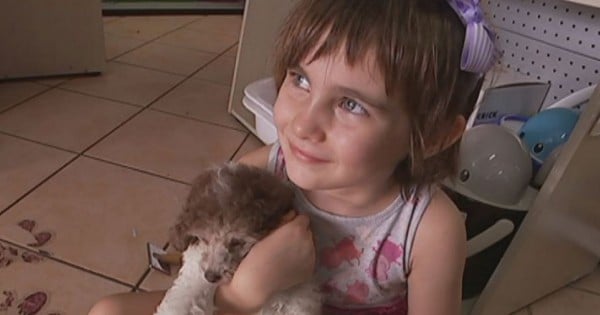
By Lexy Hamilton-Smith
Queensland researchers are tackling children’s crippling phobias by exposing them to the very things they fear the most.
It is called intense exposure therapy and it is curing childhood anxiety disorders in less than a day.
The studies at the Menzies Health Institute Queensland at Griffith University’s Gold Coast campus are world firsts.
It uses a twin-pronged approach – play therapy plus the use of a drug once used to fight tuberculosis called D-Cycloserine.
Scientists now know this antibiotic also affects certain receptors in the amygdala portion of the brain – the area that is responsible for “unlearning” fear responses.
Anxiety expert Dr Lara Farrell said scientists were using the drug in a novel way to improve psychotherapy.
“This would be a world-first treatment in terms of using D-Cycloserine in a large trial of children with phobias,” she said.
The intense exposure therapy had cured about seven out of 10 children.
Dr Farrell said the tuberculosis drug helped accelerate the process and it had no side effects.
“Kids who are taking D-Cycloserine get better faster,” she said.
OCD Busters trial having success
The treatment is now being trialled on children with obsessive compulsive disorder (OCD), like eight-year-old Ella Mulligan, who had been battling OCD for two years.
Mother Kelly Mulligan said her OCD was triggered at her daughter’s local medical centre.




























































































